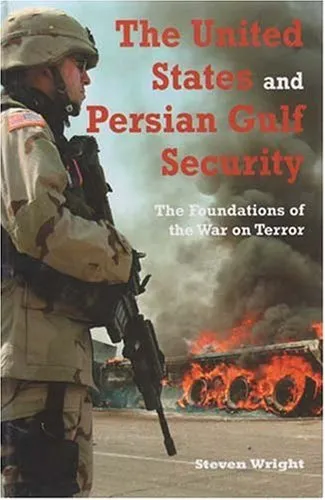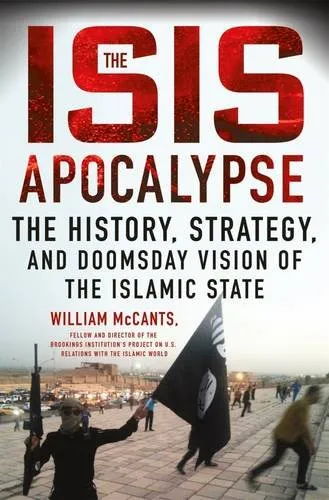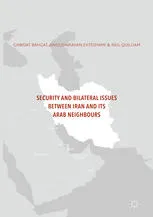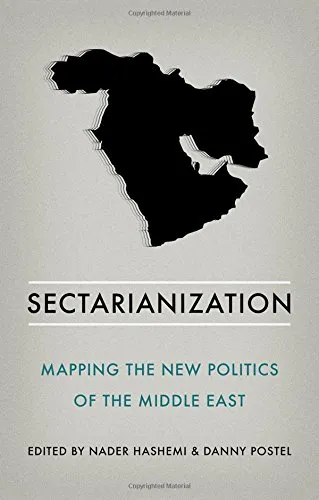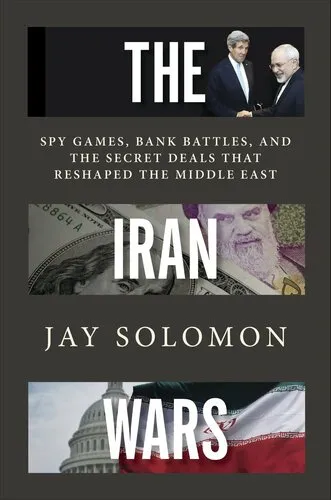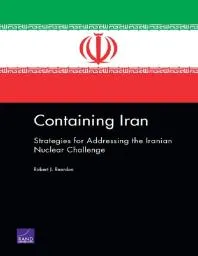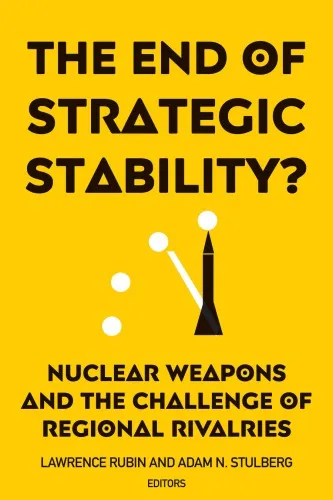The United States and Persian Gulf Security: The Foundations of the War on Terror
4.0
Reviews from our users

You Can Ask your questions from this book's AI after Login
Each download or ask from book AI costs 2 points. To earn more free points, please visit the Points Guide Page and complete some valuable actions.Related Refrences:
Introduction
Welcome to The United States and Persian Gulf Security: The Foundations of the War on Terror, a comprehensive exploration of the intricate geopolitical dynamics that have shaped one of the most volatile regions in the world—the Persian Gulf. This book delves deep into the historical, political, and economic underpinnings of U.S. foreign policy in the region, revealing how decades of decisions laid the groundwork for the War on Terror. Through thorough analysis and detailed research, this work provides a clear understanding of how various events, from the Cold War to the modern day, have intersected to create a complex web of alliances, conflicts, and strategies.
The Persian Gulf remains one of the most strategically significant regions due to its abundant energy resources and critical geopolitical location. The United States has played a central role in shaping regional security since the mid-20th century, and the policies it has pursued have had far-reaching implications, including the global response to terrorism. By tracing the evolution of these policies, this book helps readers grasp the multifaceted narratives behind the War on Terror and the enduring challenges the U.S. faces in maintaining stability and security in the Gulf region.
Detailed Summary of the Book
This book is structured to provide readers with an in-depth analysis of the various critical junctures that shaped U.S. involvement in the Persian Gulf. It begins by examining the Cold War era, during which the U.S. sought to counter Soviet influence in the region. Key events such as the Iranian Revolution, the Iran-Iraq War, and the Gulf War are analyzed to understand how the U.S. adapted its strategies to preserve access to oil and protect its allies.
Following the Cold War, the book explores the profound impact of 9/11 and the emergence of Al-Qaeda as a global terrorist organization. I analyze the polarization of American foreign policy, focusing on the U.S. invasions of Afghanistan and Iraq. Central to the discussion is the notion of security—how the U.S. conceptualized its role as a guarantor of stability and the profound consequences of those choices for the region and the global community.
The book also scrutinizes policy missteps and unintended consequences—such as the rise of sectarian divides and the destabilization of key states. Finally, it draws connections between these historical patterns and the ongoing challenges of combating terrorism, managing regional rivalries, and promoting peace in an increasingly complex geopolitical landscape.
Key Takeaways
- The Persian Gulf has been central to U.S. foreign policy due to its vast energy resources and strategic importance.
- The legacy of Cold War policies still affects modern conflicts and alliances in the region.
- The War on Terror is a culmination of decades-long geopolitical tensions and unresolved conflicts in the Persian Gulf.
- U.S. policies in the Gulf have often had unintended consequences, such as fostering state fragility and furthering terrorism.
- Understanding the historical context is essential to forming future strategies for stability in the region.
Famous Quotes from the Book
"The Persian Gulf represents the intersection of energy dependency, ideological divides, and the ever-present strategic ambitions of global powers."
"The War on Terror did not emerge in a vacuum—it is the product of policies forged in the crucible of Cold War rivalries and regional instabilities."
"To understand the future of Persian Gulf security, one must first reckon with the past—where alliances, wars, and ideologies collided to shape today's realities."
Why This Book Matters
The United States and Persian Gulf Security is a critical resource for anyone seeking to understand the historical underpinnings of one of the most pressing issues of our time—the War on Terror. By meticulously analyzing the interplay of U.S. policies, regional dynamics, and global challenges, the book provides a nuanced perspective that is often missing from contemporary debates.
For policymakers, academics, and students of international relations, this book offers valuable insights into the importance of contextualizing decisions within their broader historical framework. It challenges simplistic narratives and shines a light on the consequences of foreign policy choices, empowering readers to approach current challenges with greater awareness and depth.
In a world where terrorism, energy security, and regional stability continue to dominate the global agenda, understanding the Persian Gulf's history and its relationship with the United States is essential. This book equips readers with the knowledge needed to engage meaningfully with these critical issues and to envision pathways toward a more stable and secure future.
Free Direct Download
You Can Download this book after Login
Accessing books through legal platforms and public libraries not only supports the rights of authors and publishers but also contributes to the sustainability of reading culture. Before downloading, please take a moment to consider these options.
Find this book on other platforms:
WorldCat helps you find books in libraries worldwide.
See ratings, reviews, and discussions on Goodreads.
Find and buy rare or used books on AbeBooks.
1391
بازدید4.0
امتیاز0
نظر98%
رضایتReviews:
4.0
Based on 0 users review
Questions & Answers
Ask questions about this book or help others by answering
No questions yet. Be the first to ask!
